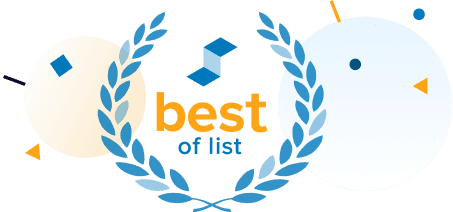What is a shared equity loan?
Shared equity mortgages, another term for shared equity loans, are a financing product that allow you to put a deposit or down payment on a home without getting into more debt.
How do shared equity loans work?
Ther are several models, but this is how they typically work. The homeowner sells a percentage of the future home equity to a lender in exchange for a lump sum of cash. When the loan's term ends (or when you sell the property) you give the lender their percentage of the home's appreciation in value. If the house didn't increase in value, you don't owe anything.
It's important to note that there are different types of shared equity loans with varying terms and conditions. So, there isn't a one-size-fits-all answer to this question. Some shared equity loans require you to pay back the principal of the loan regardless of whether the property increases in value or not. In this way, they are like a shared equity agreement or home equity investment. If you are looking for a home equity investment, the list of best HEIs above is a great place to start.
Where can you find shared equity loans?
Shared equity loans are very hard to find in the United States. However, a similar model is used by home equity investors and shared equity agreement companies. Some of these investors offer down payment assistance loans, which borrowers can use to put down a bigger down payment and avoid expensive fees, such as private mortgage insurance (PMI).
This financing method is also used by family members who want to help with a down payment in exchange for a percentage of the profits when the house is sold.
In some cases, mortgage lenders provide both traditional mortgages and shared-equity loans. But this is extremely rare in the United States. Nevertheless, there are some non-profit agencies and municipal governments that use the shared equity model to provide down payment assistance loans. This can help borrowers avoid expensive fees, such as private mortgage insurance (PMI).
What are the pros and cons of shared equity loans?
What's next?
Unless your local government has a down payment assistance program that uses shared equity loans or you have a relative interested in providing one, you are unlikely to find a lender that offers shared equity mortgages in the United States. But a shared equity agreement may be a good alternative if you are looking for ways to access your home equity without taking on additional debt. We recommend you apply to several of the lenders in the list above and see which offers you qualify for.

